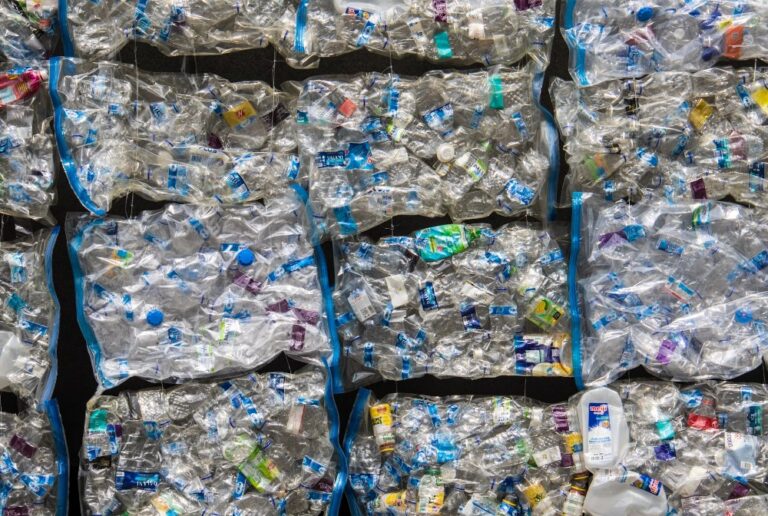The concept of zero waste aims to eradicate the disposal of waste in landfills or through incineration. Zero waste cities are actively pursuing this objective by implementing systems that prioritize waste prevention, as well as strategies for reuse, reduction, and recycling of materials.
As global population surges, the quantity of waste produced has also escalated. Plastic poses a significant challenge due to its abundance and slow decomposition rate, with some types taking up to 400 years to break down.
Moreover, plastic pollution extends beyond terrestrial environments, infiltrating our oceans at a staggering rate of 8 million tons annually.
Table of Contents
7 zero-waste cities around the world
Here, we explore seven cities committed to zero waste initiatives and their approaches to addressing the plastic waste crisis:
Kamikatsu, Japan
Kamikatsu has made remarkable strides in waste reduction over nearly two decades. Residents adhere to stringent recycling guidelines, sorting waste into 45 distinct categories.
Items unsuitable for recycling are directed to a local “shop,” where reusable goods are freely available. By 2016, Kamikatsu boasted an impressive 81% recycling rate, far surpassing Japan’s national average.
Alaminos, The Philippines
Alaminos tackled waste management through grassroots efforts, emphasizing education and community involvement. Initiatives included backyard composting, waste separation programs, and the creation of small-scale sorting facilities.
Non-recyclable plastics are shredded and incorporated into pavements and bricks, showcasing the city’s commitment to zero waste principles.
Austin, USA
Austin aims to achieve zero waste status by 2040, implementing mandatory composting and recycling programs. Commercial entities are also mandated to recycle a significant portion of their construction debris, contributing to the city’s waste reduction goals.
Capannori, Italy
Capannori became Europe’s pioneer in zero waste by implementing a “Pay As You Throw” tariff, incentivizing residents to recycle more. Door-to-door collection schemes and increased waste separation efforts further bolstered recycling rates, resulting in substantial cost savings for the municipal council.
Pune, India
Pune’s waste management is facilitated by an informal network of waste pickers, predominantly women from the Dalit caste. Through unionization, these workers have improved waste collection efficiency while providing residents with waste separation services. Their efforts have significantly reduced landfill-bound waste and saved the city millions annually.
Flanders, Belgium
Flanders has excelled in waste recycling, surpassing EU targets well ahead of schedule. Embracing a circular economy model, the region emphasizes waste prevention and holds producers financially responsible for product disposal. These initiatives have led to substantial waste reduction and improved recycling rates.
Seattle, USA
Seattle embarked on its zero waste journey in 2010, witnessing a decline in per capita waste generation and an increase in recycling rates. Mandatory recycling policies for residential and commercial entities have driven these improvements, although enhanced monitoring may be necessary to ensure compliance.
While true zero waste remains an aspirational goal, these cities exemplify the potential for meaningful waste reduction through policy intervention and community engagement. Each step taken toward waste minimization brings us closer to a future where plastics are predominantly reused, recycled, or eliminated altogether.
Read also: The world’s best zero waste influencers to follow












